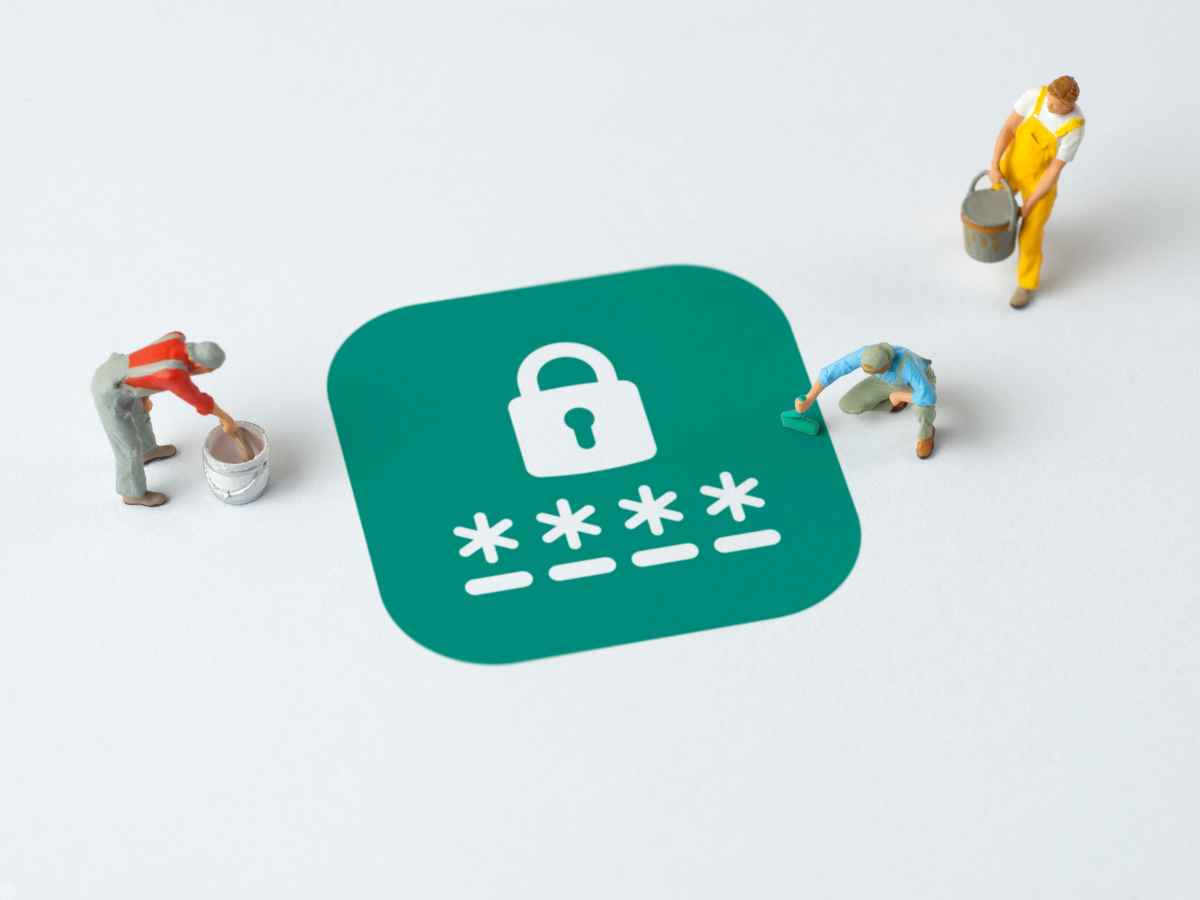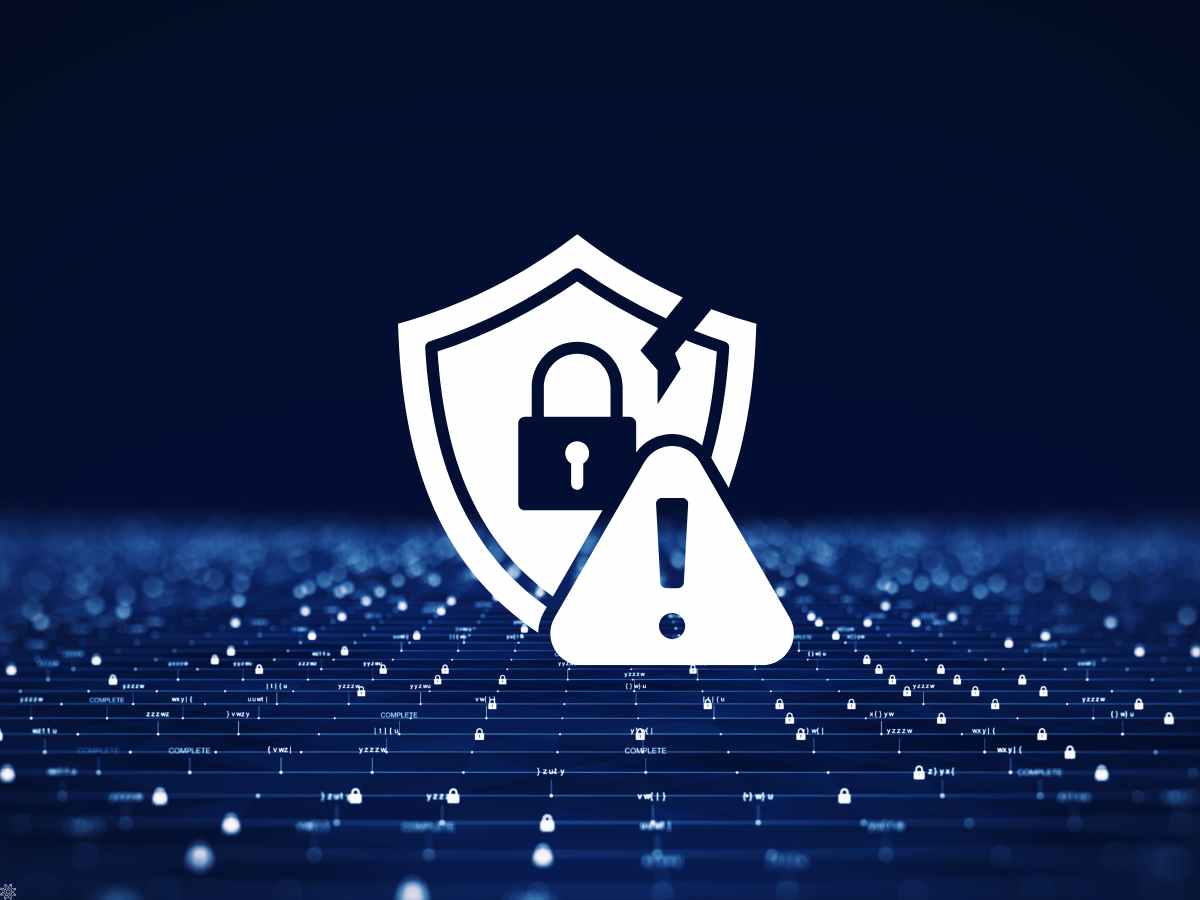A critical security flaw in OSGeo GeoServer’s GeoTools, identified as CVE-2024-36401, has been exploited in multiple malicious campaigns, placing organizations worldwide at significant risk. With a CVSS score of 9.8, this remote code execution vulnerability allows attackers to take complete control of vulnerable systems. We must recognize the gravity of this vulnerability; prompt action is required to resolve it.
Think of your server as a high-security building that only authorized personnel can access through secure, monitored doors. These gateways represent the security measures you have implemented, such as passwords, firewalls, and encryption, which ensure that only trusted people can access sensitive areas.
Now imagine that this building has a secret back door that no one knows about, not even the security team. Hackers have found a way to sneak in without raising suspicion using this backdoor. Once inside, they can move freely, compromise information privacy, and even control the building’s systems.
This hidden backdoor looks like a weakness in your server. It allows attackers to bypass all your security measures, giving them unrestricted access to your system. Just as you want to lock and secure that backdoor to protect your building, you need to fix this vulnerability to keep your server secure.
Since mid-July 2024, this flaw has been actively exploited, with the U.S. Cybersecurity and Infrastructure Security Agency (CISA) adding it to its Known Exploited Vulnerabilities catalog. The Shadowserver Foundation first detected attacks on its sensors on July 9, 2024.
Hackers have used this flaw to deliver various threats, including cryptocurrency miners, botnets like Condi and JenX, and a sophisticated Linux backdoor named SideWalk, linked to the Chinese threat actor APT41. In one instance, a fake website impersonating the Institute of Chartered Accountants of India was used to deploy a cryptocurrency miner.
These attacks have primarily targeted IT service providers in India, U.S. tech firms, Belgian government entities, and telecom companies in Thailand and Brazil. A shell script initiates the attack by downloading malicious binaries and establishing a connection to a command-and-control server. This allows the script to gain remote access and do further malicious actions.
This incident demands the immediate attention of all enterprises. It is essential that they patch their GeoServer instances without delay due to security researchers warning of a well-organized attack campaign indicated by the broad geographical targeting. Immediate action is necessary to prevent the further exploitation of this major vulnerability.






